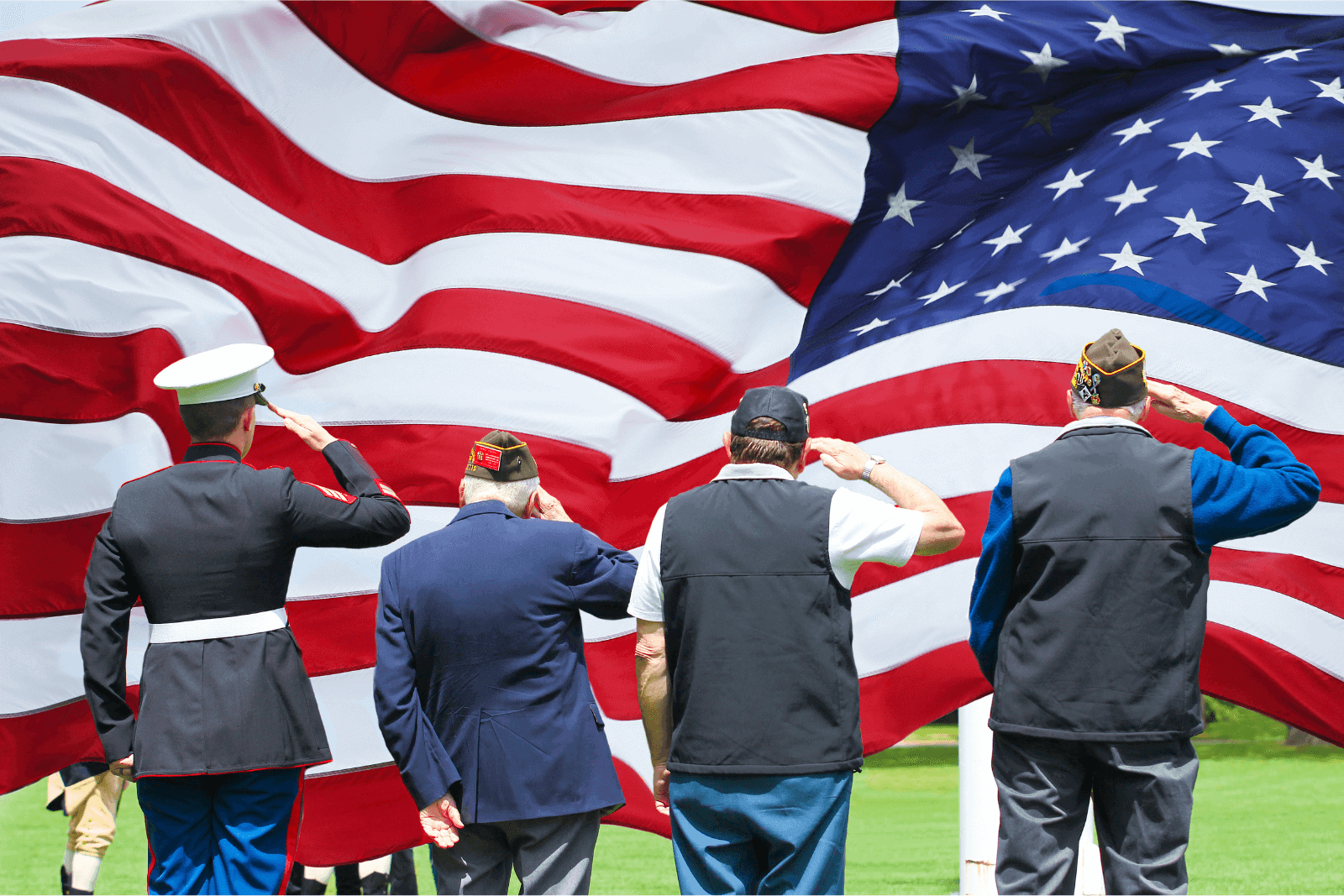
Supporting veterans with hearing loss is a vital endeavor that requires compassion, understanding, and practical assistance. Military service can expose individuals to high levels of noise, gunfire, explosions, and other hazardous sounds, leading to hearing loss and related issues. It’s essential to recognize the profound impact of these experiences on veterans’ auditory health and overall well-being. Understanding the challenges they face can foster empathy and inform tailored support strategies.
Veterans often encounter various situations during their service that can contribute to hearing loss, from combat zones to training exercises. Continuous exposure to loud noises without proper protection can lead to irreversible damage to their hearing. Additionally, blast injuries and traumatic brain injuries, common in military environments, can further exacerbate hearing issues.
Encouraging Regular Hearing Health Exams
Encouraging veterans to undergo regular hearing health exams is crucial for early detection and intervention. These exams can identify any changes in hearing function, allowing for prompt treatment and management. As advocates for veterans’ health, we must emphasize the importance of proactive measures in preserving their hearing and quality of life.
Veterans may be unaware of the extent of their hearing loss or hesitant to seek help due to stigma or fear of judgment. By promoting the importance of regular hearing exams, we can empower them to take control of their hearing health and address any issues before they worsen.
Providing Access to Hearing Healthcare Services
Access to quality hearing healthcare services is essential for veterans with hearing loss. Ensure that veterans have access to providers, hearing aid specialists, and other professionals who can provide comprehensive evaluations, fittings, and ongoing support. Collaborate with healthcare providers and organizations to streamline access to these services and eliminate barriers to care.
Unfortunately, many veterans face challenges in accessing healthcare services due to factors such as geographical location, financial constraints, or lack of awareness of available resources. By advocating for improved access and working to address these barriers, we can ensure that veterans receive the support and assistance they need to manage their hearing loss effectively.
Offering Assistive Listening Devices and Technology
Assistive listening devices and technology can significantly improve veterans’ communication and quality of life. Explore options such as hearing aids, cochlear implants, and personal amplifiers tailored to their unique needs and preferences. Provide education and training on how to use these devices effectively, empowering veterans to navigate daily challenges with confidence.
Assistive technology has advanced significantly in recent years, offering a wide range of options to address various types and degrees of hearing loss. By staying informed about the latest advancements and working closely with veterans to find the best solutions for their individual needs, we can enhance their communication abilities and overall well-being.
Promoting Awareness and Education
Promoting awareness and education about hearing loss among veterans is essential for fostering understanding and encouraging proactive measures. Organize workshops, seminars, and informational sessions to raise awareness of the signs, symptoms, and consequences of hearing loss. Equip veterans with knowledge about available resources, support networks, and self-care strategies to manage their hearing health effectively.
Education is key to empowering veterans to take ownership of their hearing health and make informed decisions about their care. By providing accurate information, dispelling myths and misconceptions, and encouraging open dialogue, we can empower veterans to prioritize their hearing health and seek help when needed.
Offering Emotional Support and Counseling
Living with hearing loss can be emotionally challenging, especially for veterans adjusting to life post-service. Offer emotional support and counseling services to help veterans cope with the psychological impact of their hearing loss. Create a supportive environment where they feel comfortable expressing their concerns, fears, and frustrations. Encourage peer support groups and mentorship programs to facilitate connections and camaraderie among veterans facing similar experiences.
The emotional toll of hearing loss can be significant, affecting veterans’ mental health, relationships, and overall well-being. By providing access to counseling services and creating opportunities for peer support and social connection, we can help veterans navigate the emotional challenges associated with their hearing loss and enhance their quality of life.
Supporting veterans with hearing loss requires a multifaceted approach that addresses their unique needs and challenges. By understanding the impact of military service, encouraging regular hearing health exams, providing access to healthcare services and assistive technology, promoting awareness and education, and offering emotional support and counseling, we can empower veterans to manage their hearing health and lead fulfilling lives post-service.
